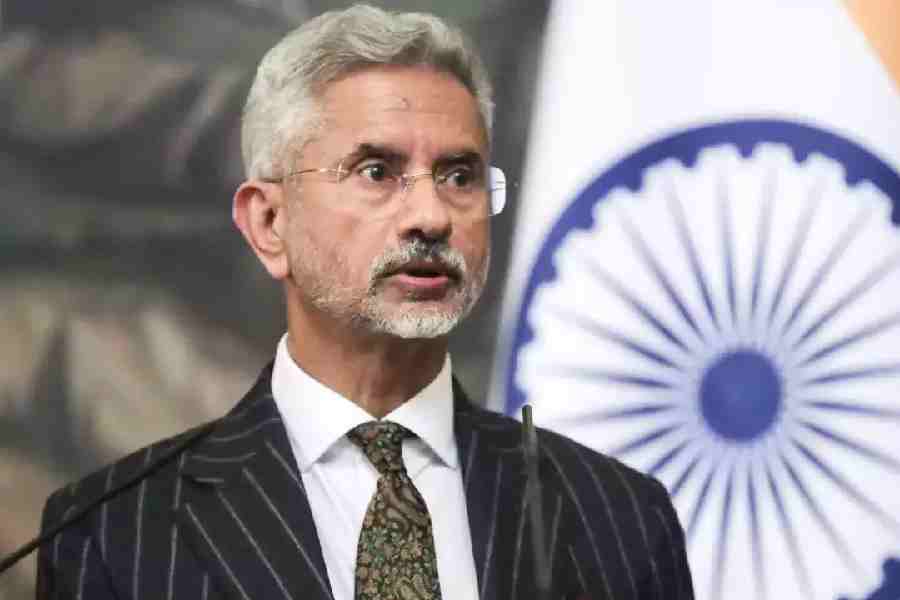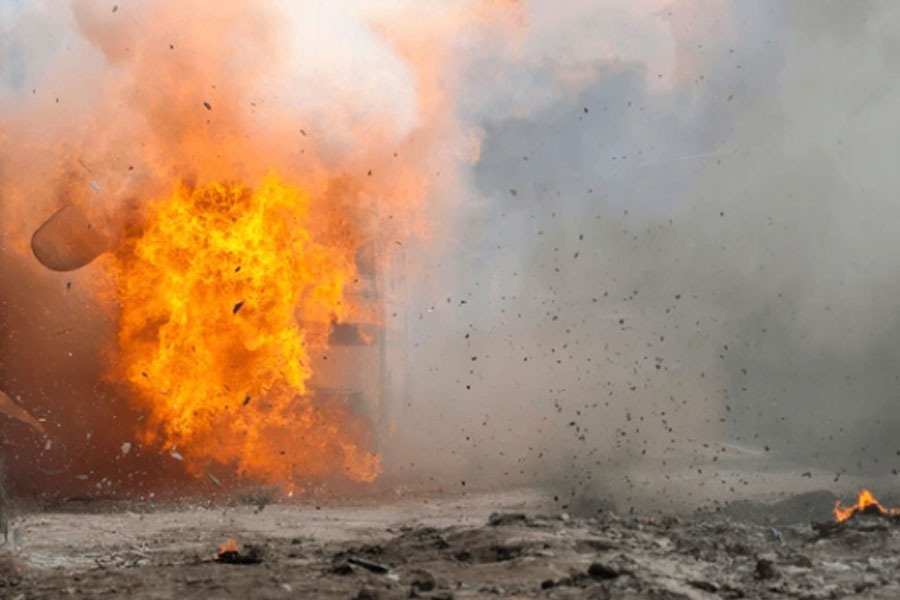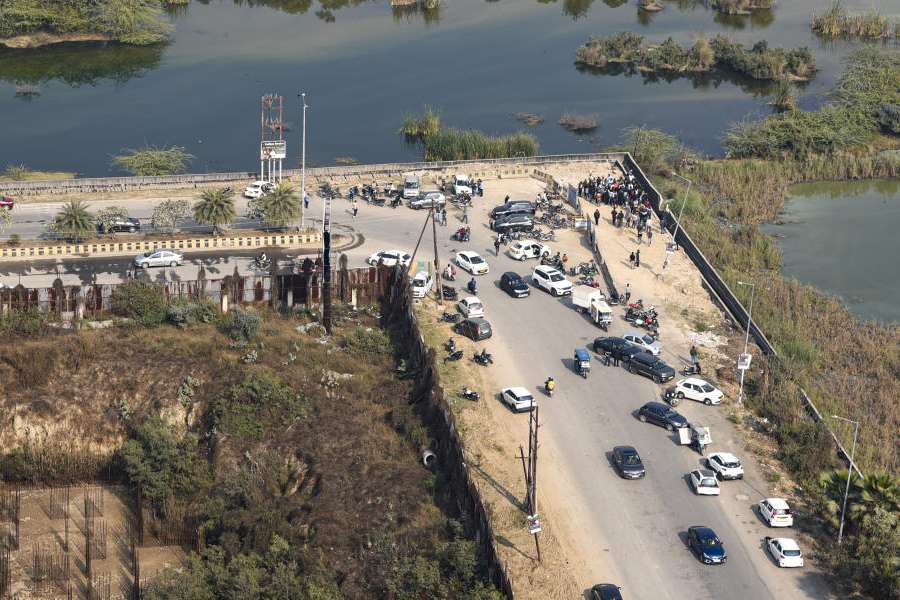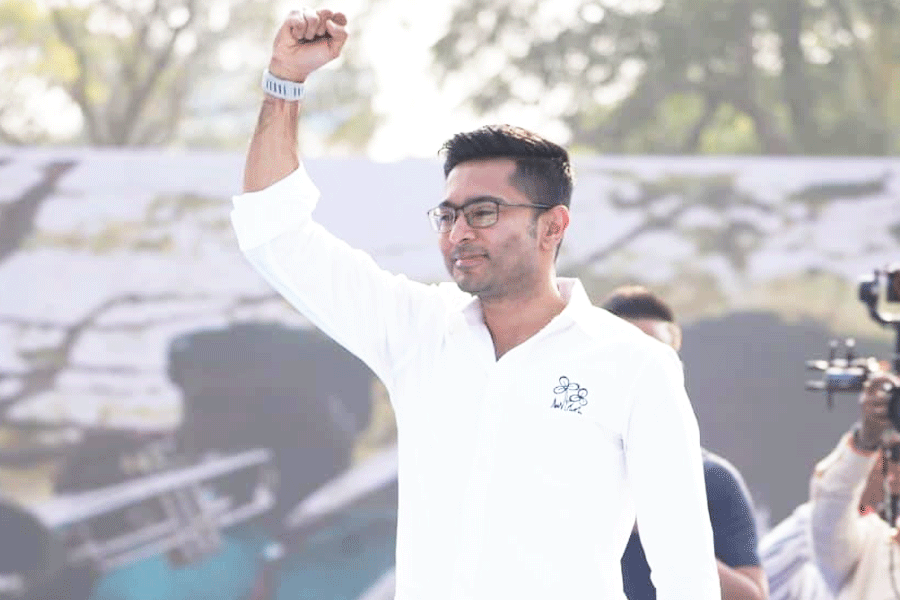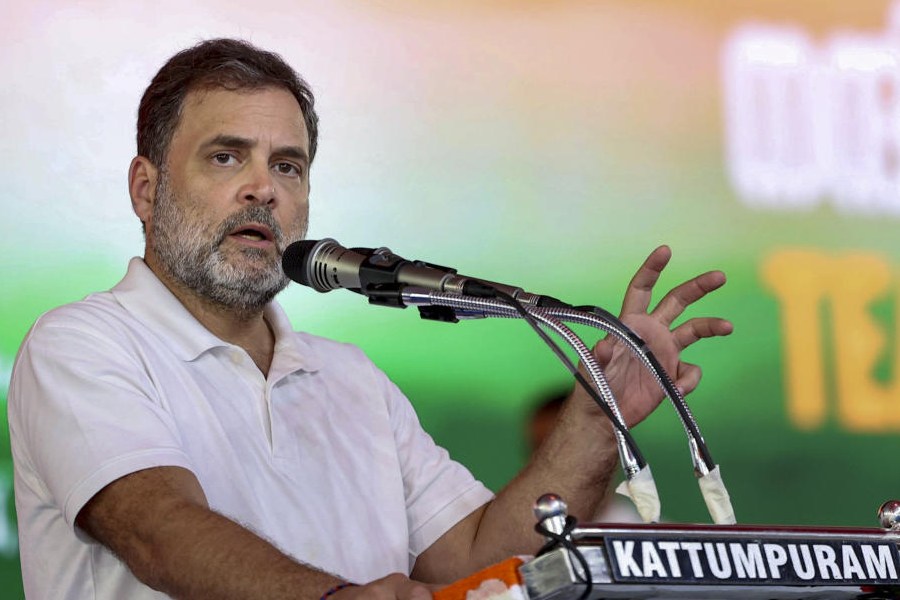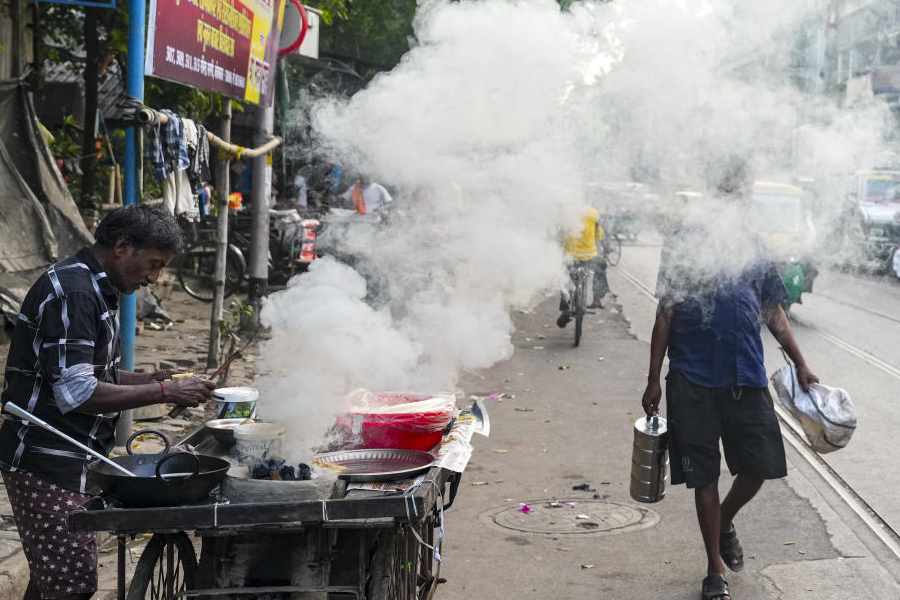Freedom of expression is the alpha and omega of democracy. With no undue exaggeration, it can be said that without the right to free speech, democracy is reduced to a hollow political system. This freedom is under siege in India. It is being attacked under the cover of nationalism. Individuals are being imprisoned because they are supposed to have articulated allegedly "anti-national" slogans and sentiments. The critical question that such State action elicits - and one which begs for an answer - is, who defines what is national and what is not? Does one political formation or one political ideology have a monopoly on the definition of what is national? Is the implicit or explicit support shown towards Pakistan the only articulation of anti-national sentiments? On the same register of arguments, it could be asked: is the deification of the murderer of the Father of the Nation anti-national or not? Answers to such questions will always be varied and disputed, depending on the ideology that is being upheld by individuals. What is paramount is that in a democracy, all ideas should have space for articulation and discussion. To begin to suppress views and to punish those who express them is to initiate the slide towards authoritarianism, towards the opposite of democracy.
In philosophical terms, an identity or a proposition sustains itself only in relation to its Other. This is not a statement derived only from Hegelian philosophy; even Indian philosophy many centuries before Hegel had maintained this idea. This is why so many of the profound ideas of Indian philosophy are conveyed in the form of argument and counter-argument, as dialogue. Even materialist and atheist groups of thinkers, described under the rubric, Charvaka, could coexist in Indian philosophy with deep spiritualism. Following this line of intellectual argument, it could be said that a nation sustains itself by its Other, which, for the lack of a better term, can be called 'anti-nation'. It follows, therefore, that the nation cannot sustain itself by devouring its Other, but by learning to exist itself. The founding fathers of democracy comprehended and acknowledged this, and thus placed the expression of dissent (read: freedom of speech) at the very heart of democracy. A democratic nation like India must, for its own good and maturity, learn to live with forces that are criticizing and challenging the very idea of a nation.
India, as it matures as a nation and as a democracy, must decide on what it places a greater premium: nationalism or freedom. At the moment, the scales are weighed woefully in favour of the former. What is worse is that what constitutes nationalism is now being defined and laid down by the upholders of a particular ideology. The articulation of dissent is being suppressed by the use of the power of the State. There is no freedom to challenge that power of the State. These are not interesting but ominous times.


